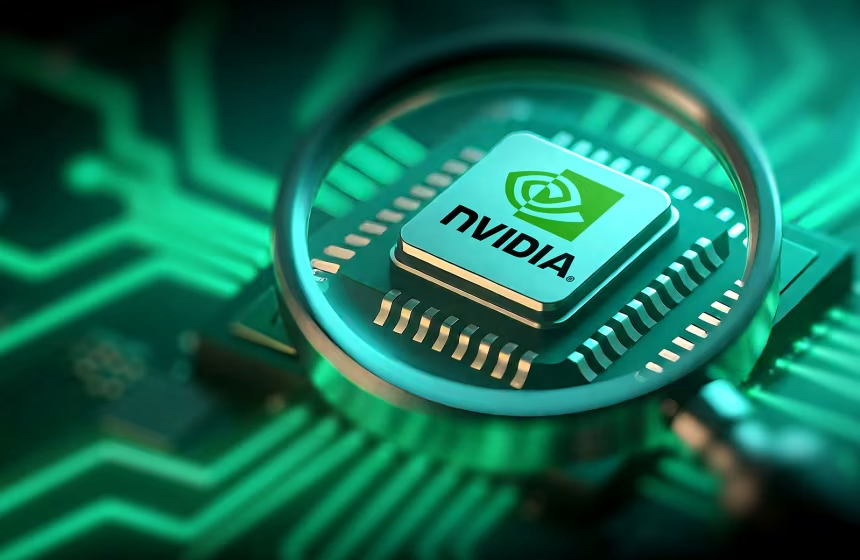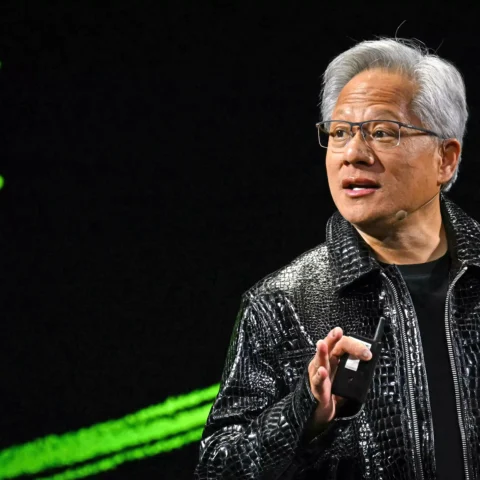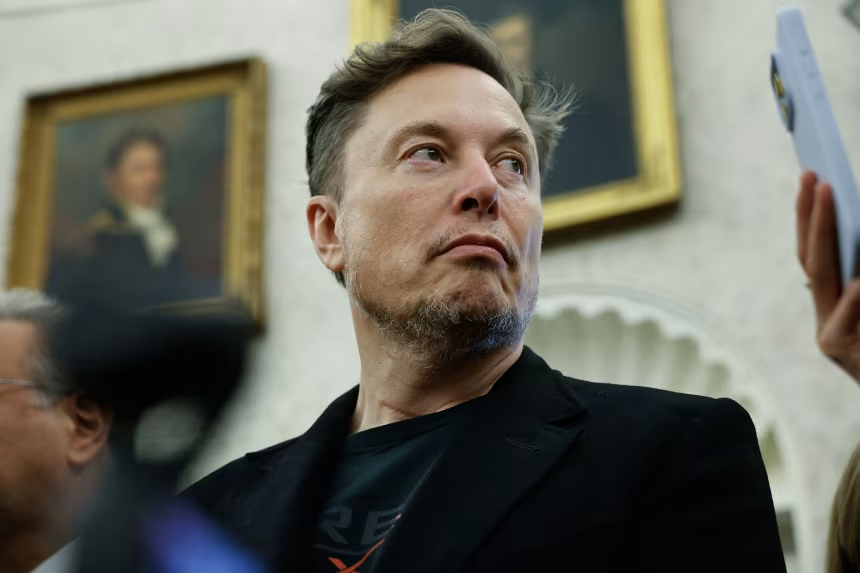Chipmaker posts $46.7B in quarterly revenue, but slowing growth and US-China trade policies weigh on investor sentiment
After several quarters of delivering blockbuster results, Nvidia’s latest earnings report on Wednesday tempered Wall Street’s enthusiasm. The chipmaking giant reported revenue of $46.7 billion for the July quarter, up 56% year-over-year and slightly above analysts’ expectations of $46 billion. Net income climbed 59% to $26.4 billion, beating the forecast of $24.7 billion.
While most companies would celebrate such growth, Nvidia’s results fell short of its usual sky-high beats, sparking a 3.5% dip in shares in after-hours trading. The company’s slowdown compared with last year’s 122% revenue surge and 168% profit growth underscored just how lofty expectations have become for the AI bellwether.
“Coming off a new rally to all-time highs, being merely on the mark in terms of revenue simply wouldn’t cut it,” said Thomas Monteiro, senior analyst at Investing.com.
AI Boom Meets Geopolitical Headwinds
Nvidia remains central to the global AI revolution. Its chips power everything from cloud data centers to advanced research labs. CFO Colette Kress said the company is positioned to benefit from an estimated $3–4 trillion in AI infrastructure spending by 2030.
Yet, geopolitical uncertainty looms large. Earlier this year, the Trump administration banned sales of Nvidia’s H20 AI chip to China, a market that accounted for 13% of its revenue in 2023. The restrictions dealt a blow — costing Nvidia $7–8 billion in lost sales.
Although the company secured approval to restart H20 sales under a new deal requiring it and AMD to pay the US government 15% of China chip sales, shipments were stalled in Q2 as regulatory guidelines remain unclear. Nvidia did report $180 million in recovered revenue from previously reserved H20 inventory sold outside China.
CEO Jensen Huang, who maintains close ties with President Trump, has warned that cutting off China could push the country to develop rival chips, undermining US leadership in AI. Nvidia is also reportedly designing a new China-specific chip, the B30, to navigate both Washington’s restrictions and Beijing’s concerns.
Balancing Growth and Trade Pressures
Nvidia now forecasts $54 billion in revenue for Q3, roughly in line with Wall Street’s expectations, but with no China H20 sales factored in. Huang emphasized the importance of restoring access to the Chinese market, valued at $50 billion annually.
“Every license sale we make will benefit the US economy and US leadership in highly competitive markets,” Kress told analysts.
Still, uncertainty persists. Chinese state media has hinted at security concerns around Nvidia chips, while Trump has suggested raising the government’s cut of Nvidia’s China sales to 30–50% for newer Blackwell chips.
Market watchers warn Nvidia’s stock could remain volatile. “I bet that there’ll be a dip… probably a result of Chinese trade talks and not the company’s fundamentals,” said Paul Meeks of Freedom Capital Markets.
A Market-Leading but Tested Giant
Despite the turbulence, Nvidia has soared in 2024. Its stock is up 30% year-to-date, and in July, it became the world’s first public company to hit a $4 trillion market cap. Analysts like Wedbush’s Dan Ives argue the AI story is still in its “second inning,” suggesting Nvidia’s growth runway is far from over.
For now, however, Nvidia’s challenge lies in balancing stellar financials with rising expectations and geopolitical headwinds. Investors will be watching closely to see if Huang can continue steering the company through the shifting tides of the US-China tech rivalry.




















